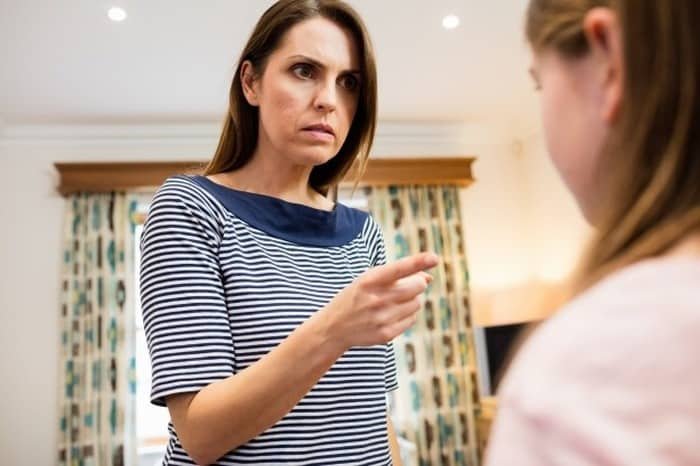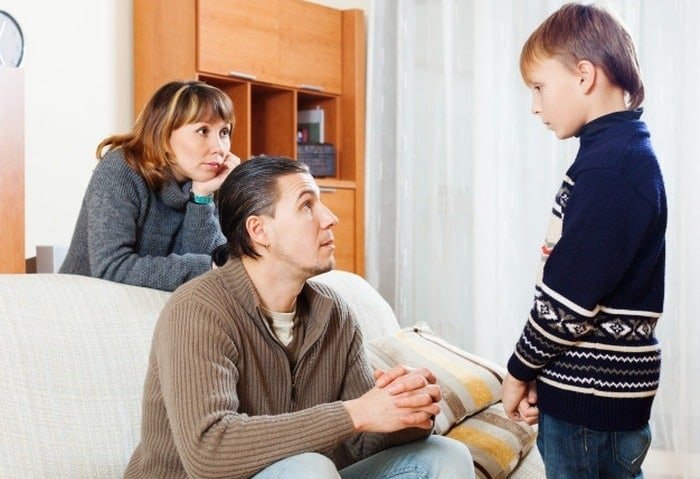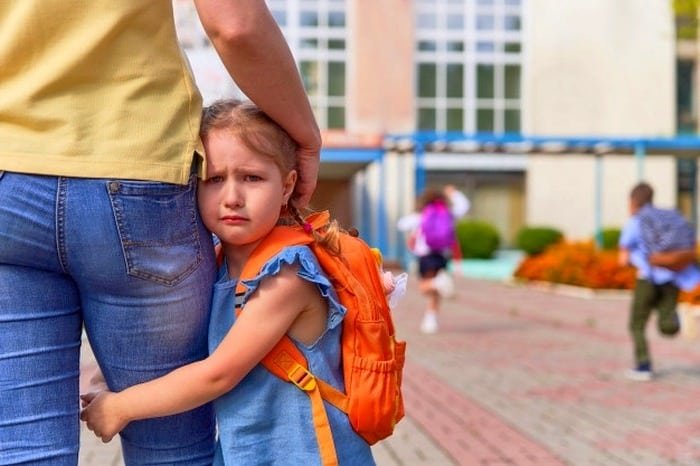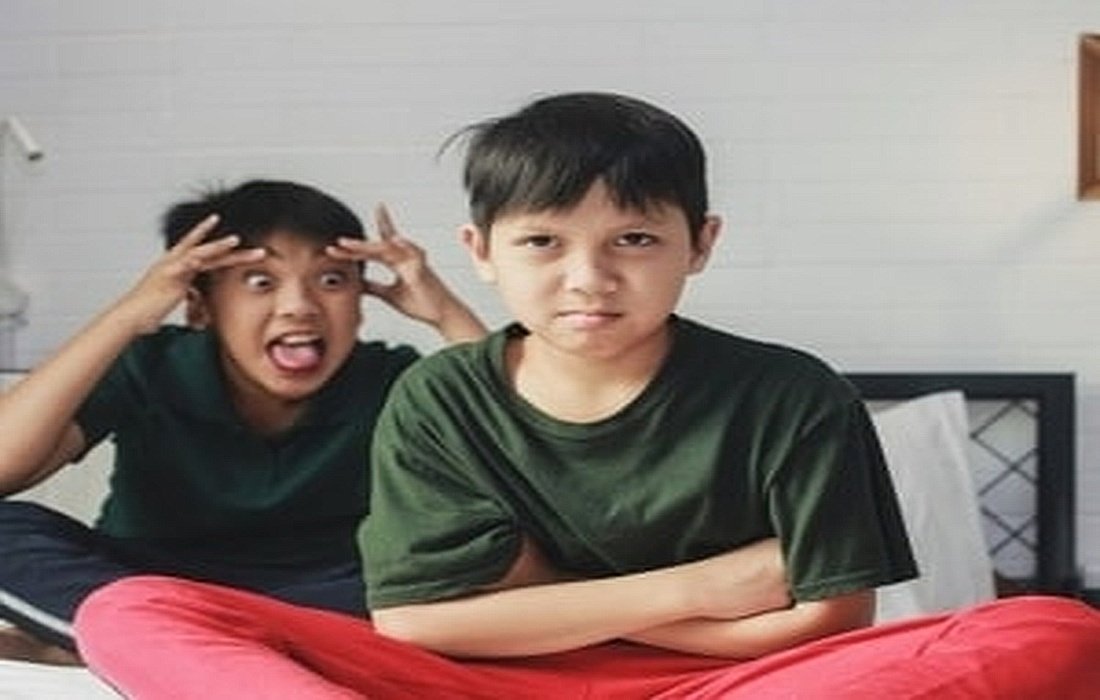Your best reaction as parents when your child gets hit by another child
Fighting among children is a part of their growth process, teaching them how to stand up for themselves or compromise in the future. It is advised not to interfere as long as the children are not harming each other, allowing them to resolve the issue by themselves. However, sometimes your child gets hit, and it’s crucial to understand how we should act in such moments. If you want to know how to behave when your child is hit, check this section of Family Plus.SelMagzRead more.
Stay calm and keep your composure
You may feel angry after your child gets hit, but it’s important to stay calm and acknowledge your child’s feelings. When your child is crying, validate their emotions, listen to them, and assure them that you are always there to protect them and ensure their safety.

Don’t blame your child
Do not blame your child or say things like “You can’t defend yourself; he’s smaller than you.” Blaming can lead to low self-esteem and related issues for your children.
Don’t compare your child
When your child gets hit, do not compare them to others. For example, don’t say, “Be like that kid; he’s smaller than you, but he hits everyone.” Comparing your child to others can reducetheir self-esteemand make them feel inadequate.
Don’t ignore the situation
If your child fights with another child and complains about being hit, don’t overlook this matter. Pay attention to the root cause instead of saying it’s okay, as this can make your child feel unimportant and vulnerable, leading to being bullied.

Don’t encourage fighting
When your child gets hit, don’t tell them to hit back because violence is not a good way to resolve problems. It’s essential to teach this clearly. Teach them that hitting friends is not only wrong but can also be dangerous.
Teach them to defend themselves
If your child fights and gets hit, ask about the reason for the fight, and teach them how to deal with the child that hit them. Advise them that if someone attacks them, they should immediately notify an adult, and tell the child who hit them firmly: “You are no longer my friend, and I will not play with you. Hitting is wrong; I’m not afraid of you, but I won’t repeat your bad behavior.”
Support your child
If your child couldn’t resolve the fight on their own, you can directly talk to the child who hit them. Your child needs support to understand that they can rely on you, which will boost their confidence and make them more resilient in future confrontations. You can tell the child who hit yours: “If you don’t stop your bad behavior, you will have to deal with me.” Children usually need parental support until they are around 7-8 years old.

Don’t escalate the fight to adult levels
If you are present during the fight and the other child’s parents are also there, discuss the situation with them. However, if they are not present, do not file a complaint against their child, as this is usually pointless; parents of aggressive children often defend them and don’t seek the truth of the matter.







